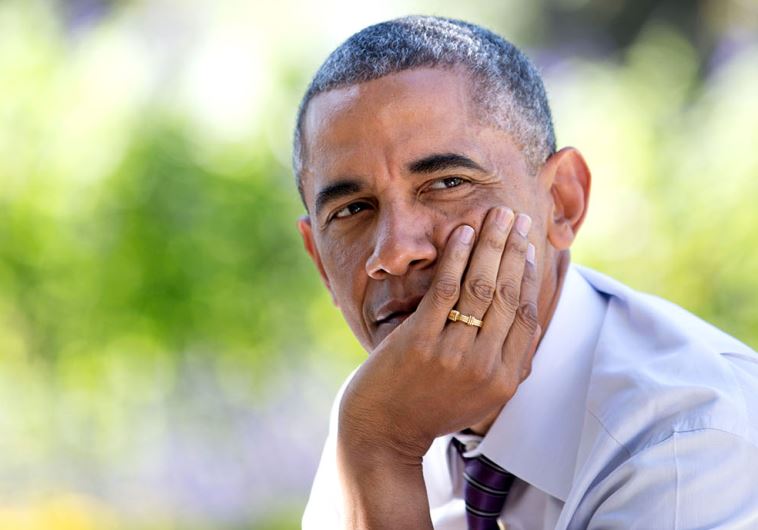Grumpy old man: The glass that’s half…
As with most things, we see what we want in the Iran deal. What we need to do, though, is move on.
 US President Barack Obama at the Rose Garden of the White House(photo credit: OFFICIAL WHITE HOUSE PHOTO / PETE SOUZA)Updated:
US President Barack Obama at the Rose Garden of the White House(photo credit: OFFICIAL WHITE HOUSE PHOTO / PETE SOUZA)Updated: